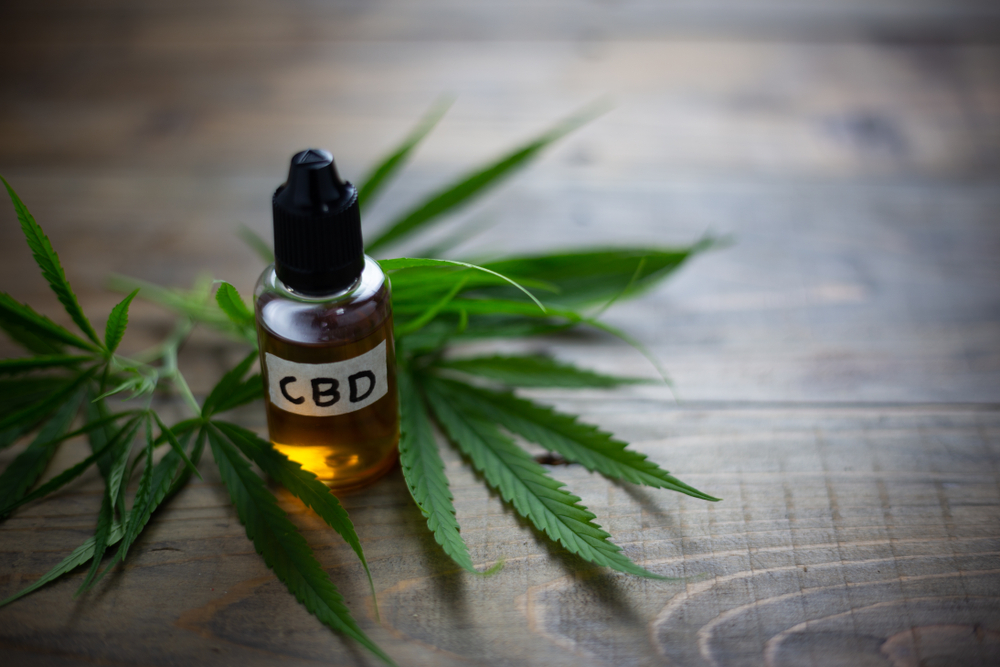What it would mean for cannabis growers.

As CBD grows in popularity, there are increasing calls to regulate it. Many brands on the market make a wide variety of claims as to the benefits of CBD, oftentimes without any supporting data. As a result, lawmakers have taken notice, and some have introduced bills that, if passed, will apply regulation to how CBD is marketed and sold.
In February 2021, US representative Kathleen Rice (D-NY) introduced a new bill called the CBD Product Safety and Standardization Act of 2021 to the House of Representatives. The goal of the bill is to push the FDA to regulate CBD in food products.
If passed, the act would allow CBD food products (not including dietary supplements) to be sold and regulated like all other foods. Currently, CBD is excluded from this regulation because the Food, Drug and Cosmetics Act (FDCA) prohibits any food, beverage or supplement from entering the market if it has ever been considered a drug. (Prior to the 2014 Hemp Farming Bill, which created a legal framework for the cultivation of industrial hemp, all CBD was considered illegal.)
The FDA has the power to exempt CBD from this prohibition, which is what would happen if this new act were to pass.
“CBD products are exploding in popularity, but the lack of federal regulation surrounding them has put consumers at risk and left businesses looking for clarity,” said Rice in a press release, adding that the bill “will establish the clear regulatory framework needed to provide stability for business and ensure unsafe products stay off shelves.”
Under the proposed regulation, food containing CBD would need to: pass safety requirements as determined by qualified scientific experts; comply with the Fair Packaging and Labeling Act; be subject to labeling and packaging requirements; establish maximum amounts per serving; and include conditions of intended use.
[RELATED: Will Hempcrete Ever Catch On?]
Many hemp farmers and small CBD-infused food business owners welcome the regulation. “As both hemp farmers and an artisan, small batch manufacturer, we welcome clarity on federal regulation,” says Nick French, owner of Colorado Hemp Honey by Frangiosa Farms. “Having to work around the myriad of local, state and federal rules out there for the past six years has been difficult for us, to say the least. Our CBD-infused honeys have always struggled to make headway into natural and conventional grocery due to what many perceive as the FDA’s lack of approval of CBD in foods.”
The proposed CBD Product Safety and Standardization Act of 2021 is similar to another one put forth by the US Senate in May 2021, called the Hemp Access and Consumer Safety Act, which proposes taking CBD regulation a step further.
The Hemp Access and Consumer Safety Act would allow CBD to be sold and regulated like all other food, as well as dietary supplements. This differs from the House’s act, which omits dietary supplements.
The overall sweep of the Senate bill is more comprehensive than that of the House and would allow for wider business opportunities for CBD-infused dietary supplement manufacturers, as well as provide streamlined regulation. However, the House bill could be more palatable for those on the fence regarding regulating CBD having reservations about including dietary supplements.
What are the chances of either of these bills passing? The Senate bill recently picked up an additional cosponsor in early January, for a total of just four co-sponsors. The House bill, however, also picked up one more co-sponsor last month, now with a total of 38. But for either of these bills to make significant progress, a clear FDA pathway to market would need to be established.
[RELATED: Meet These Afro-Indigenous Farmers Who Want to Fund Food Through Hemp]
Last year, both of these bills could have passed had the SAFE Banking Act passed. But since that’s now off the table, similar legislation needs to emerge to boost CBD and cannabis’s legitimacy.
The States Reform Act, which would negate the need for federal cannabis legalization by shifting full legalization responsibility to the state level, may be that path. Republican Congresswoman Nancy Mace of South Carolina introduced the bill as a response to the Democrat-backed Marijuana Opportunity Reinvestment and Expungement Act, also known as the MORE Act. If passed, the MORE Act would deschedule cannabis from the Controlled Substances Act and enact social justice reforms, including expunging cannabis crimes from offenders’ records. States would also be able to regulate the plant however their leaders decide. Additionally, supporters of the bill claim there would be no need for the SAFE Banking Act because cannabis and CBD businesses would be able to operate legally.
Should the States Reform Act eventually pass, cannabis would no longer be illegal under federal law since the powers would be shifted to the states. As a result, the legislation could realistically clear the path for FDA regulating CBD.
Regulating CBD would streamline guidelines, keep unsafe products off the shelves and protect consumers, raising CBD’s image, legitimacy and mainstreaming in the marketplace. This would substantially boost market demand and, in turn, benefit growers.